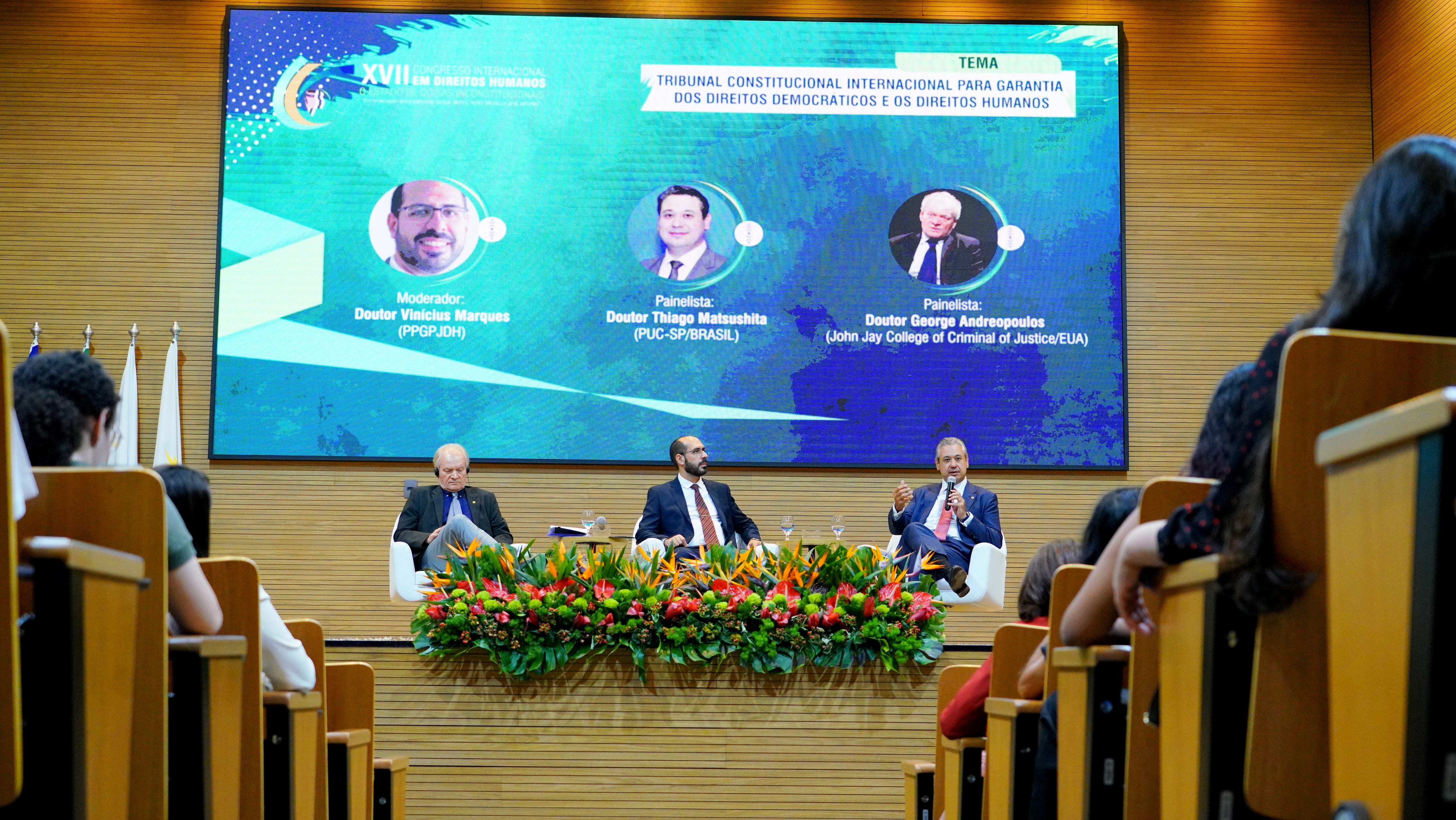
The panel on “Creation of an International Constitutional Court for the Guarantee of Democratic Rights and Human Rights” opened the Friday afternoon programming (October 4th) of the XVII International Congress on Human Rights. The debate featured Professor George Andreopoulos, from the John Jay College of Criminal Justice (USA), and Professor Thiago Matsushita, from the Pontifical Catholic University of the State of São Paulo (PUC-SP). Both brought important reflections on the challenges and urgency of creating an international court dedicated to the protection of human rights.
Dr. Andreopoulos highlighted the importance of creating an international constitutional court and stressed that this initiative arises from the need to protect human rights. He mentioned that many countries, such as Tunisia, are seeking international protection mechanisms for their populations.
During his speech, he emphasized the relevance of the Rome Statute and the discussion on crimes of genocide and crimes against humanity. He addressed the effectiveness of provisional measures and the need for a more robust international legal system to guarantee the defense of human rights.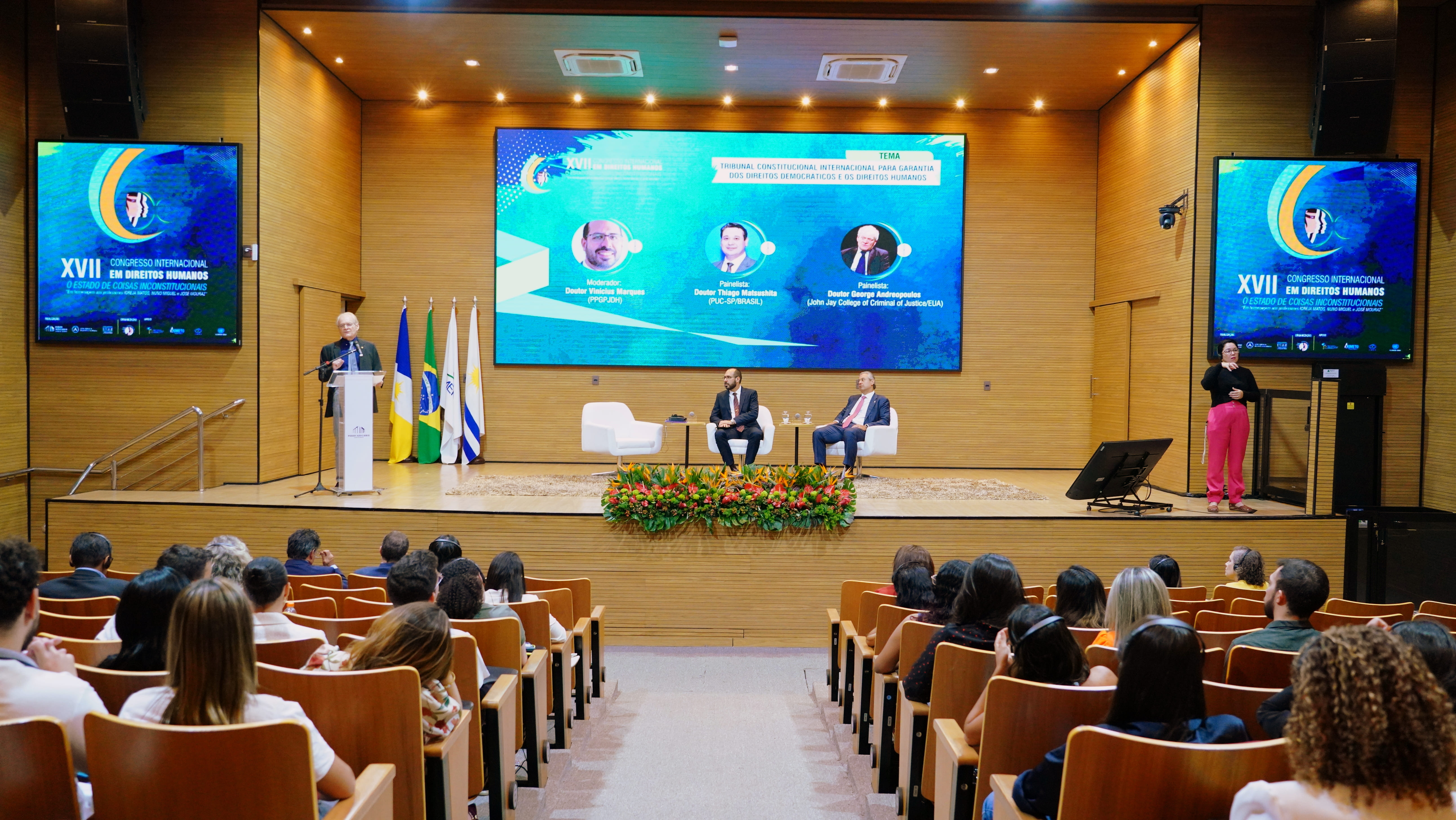
In addition, Andreopoulos pointed out that the slowness of international bodies, such as the Security Council of the UN, compromises the response to emerging crises, such as the conflict in Israel. He also raised questions about the implementation of international court decisions, emphasizing that the lack of effective mechanisms to ensure compliance with these decisions compromises the protection of human rights.
For his part, Dr. Thiago Matsushita brought a critical perspective on the Brazilian reality. He noted that, although Brazil has the Inter-American Human Rights System, there is excessive caution in relation to the control of conventionality. He discussed the importance of internalizing the decisions of international courts, such as Colombia, which carries out conventionality control efficiently.
According to Matsushita, Brazil still lacks a culture that integrates these decisions, contrary to what is observed in European countries, where there is a greater acceptance and application of international jurisprudence.
Matsushita warned about recent court rulings in Venezuela and Argentina, which have raised questions about the effectiveness of international decisions. He mentioned that the International Criminal Court is looking into allegations of democratic violations in Venezuela, while Argentinean courts have ordered the arrest of the Venezuelan President. These situations highlight the urgency of creating an international constitutional court that offers more effective protection mechanisms for human rights.
“The creation of an international constitutional court becomes even more pertinent in the face of the current reality, because many national courts fail to guarantee human rights. The global reality is marked by trauma and human rights violations at all levels. However, the search for a world where these rights are respected must be seen as a permanent necessity,” he said.
The panelists agreed that the growing role of companies, which operate in contexts where human rights are often violated, is crucial. The responsibility of these entities to ensure that their operations do not contribute to such violations is essential for moving towards a fairer and equitable world.
At the end of the presentations, the lecturers were honored in recognition of their contributions on improving the justice system. The tribute was presented by Justice Marco Villas Boas, the General Director of the School.
Programming in the morning
In the morning, THINK TANK was held, an activity designed to stimulate the exchange of ideas, in which experts analyzed legal problems faced by different countries and discussed possible legal and institutional reforms. In addition to theoretical contributions, the activity also sought to present practical suggestions that can be adopted by government bodies and justice institutions.
The mediator was Professor Liziane Oliveira (PPGPJDH), and the debate included the participation of Justice José Manuel Igreja Matos (Portugal), Doctor Lauro Ishikawa (FADISP/Brazil), Doctor Thiago Matsushita (PUC-SP/Brazil), Judge Helvia Tulia (TJTO/Brazil), Professor Glacielle Torquato (TJTO/Brazil) and Professor Nayana Guimarães (TJTO/Brazil).
At the end of the presentations, the speakers were honored in recognition of their contributions on improving the justice system. The tribute was presented by Justice Marco Villas Boas, the General Director of the School.




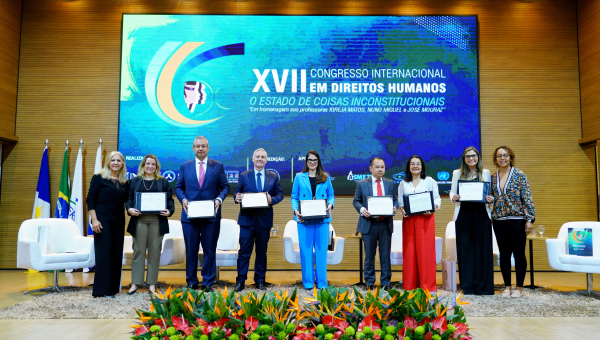
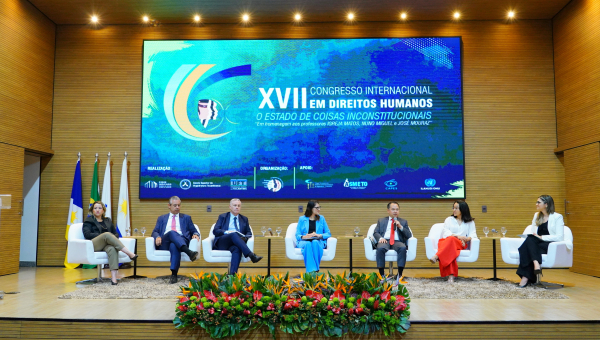
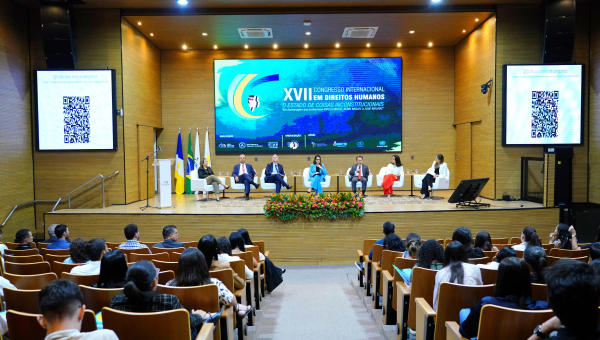
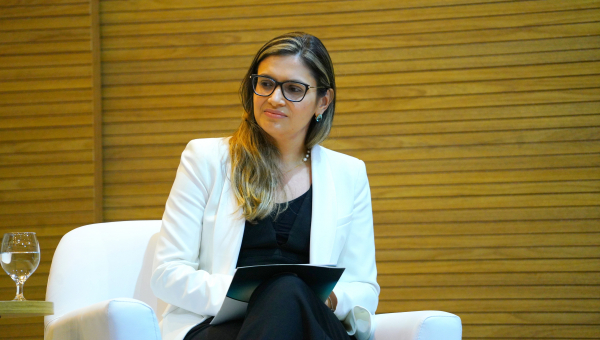
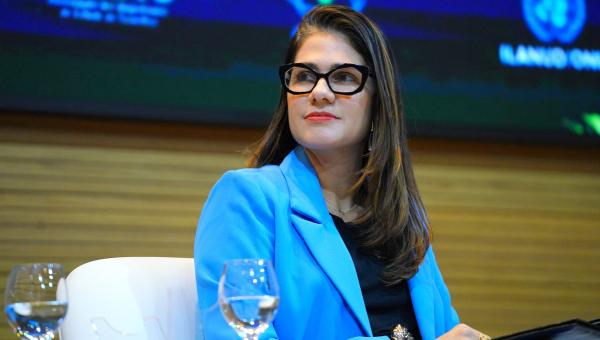
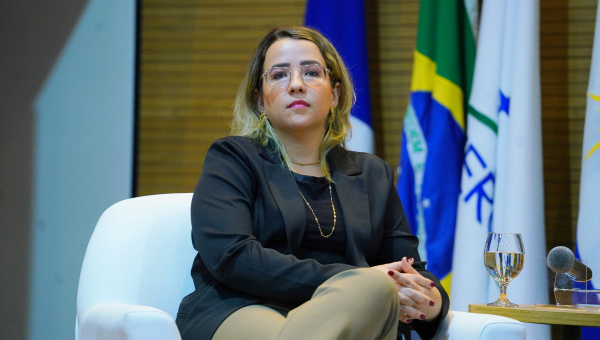
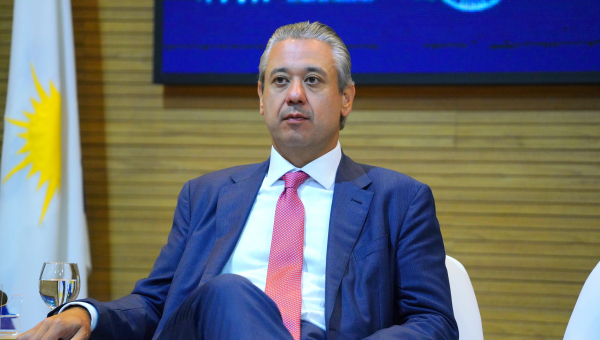
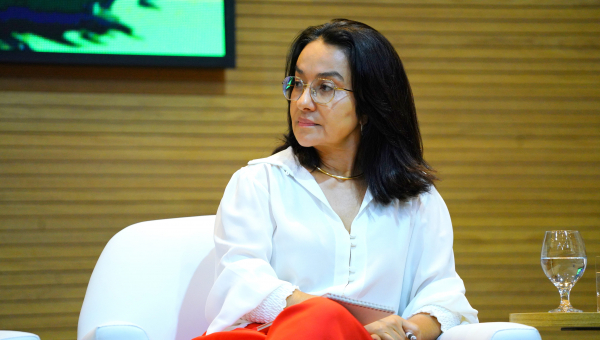
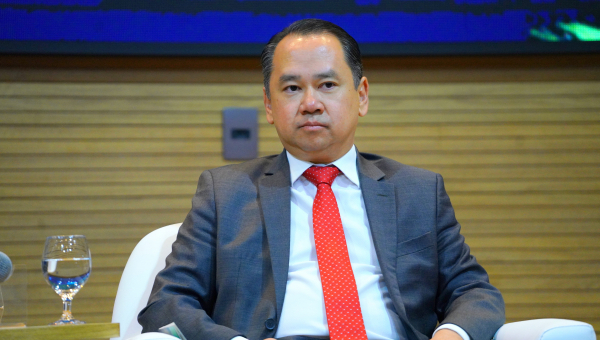
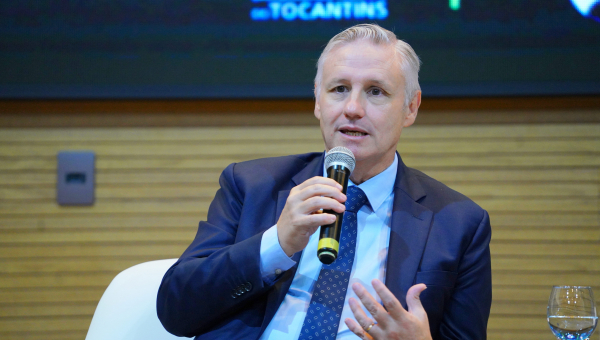
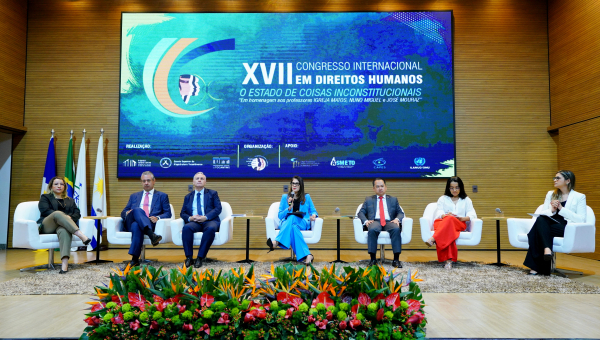
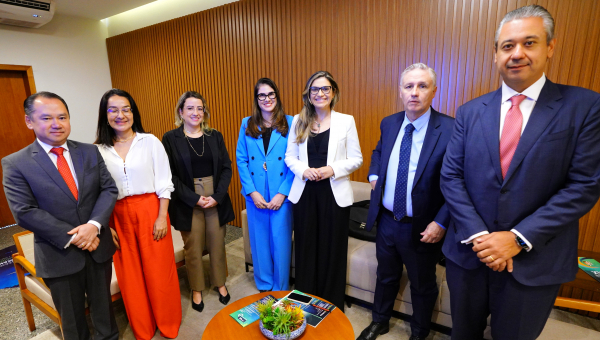
_thumbnail_thumbnail.jpg)
_thumbnail_thumbnail.jpg)
_thumbnail_thumbnail.jpg)
_thumbnail_thumbnail.jpg)
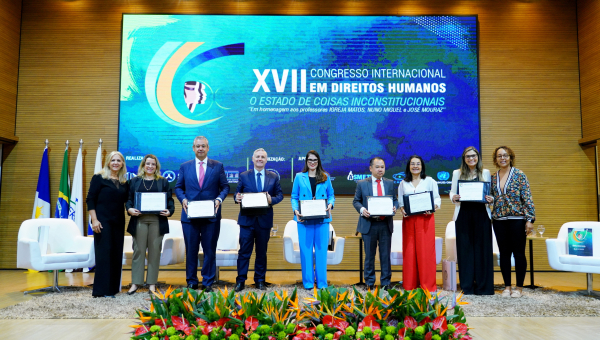
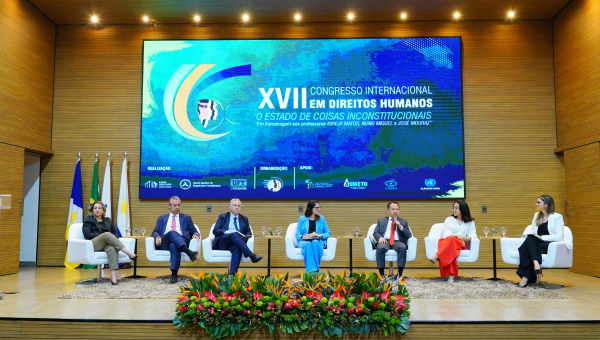
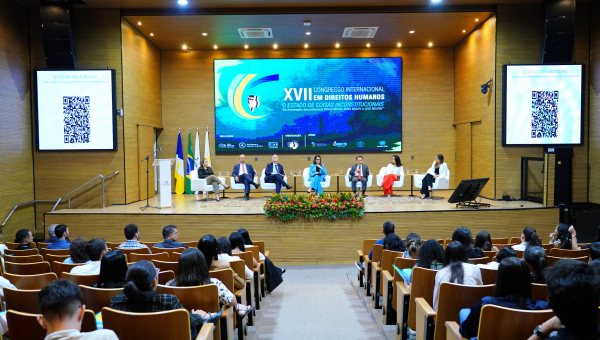
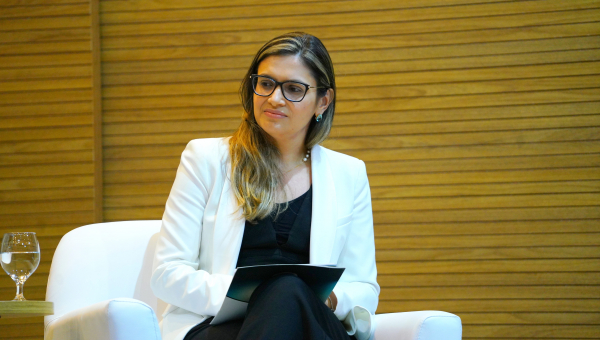
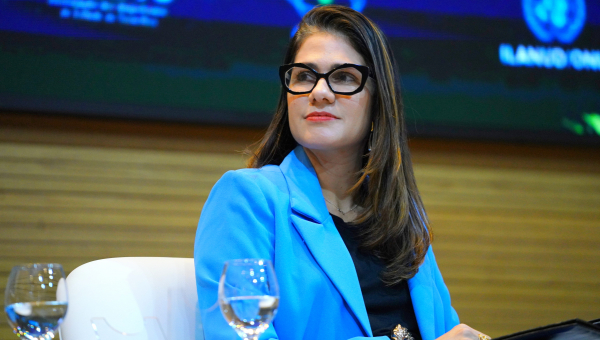
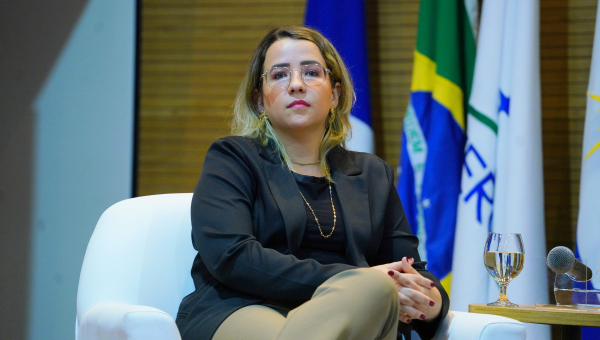
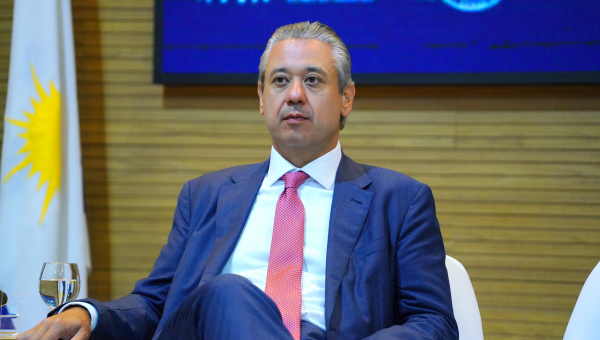
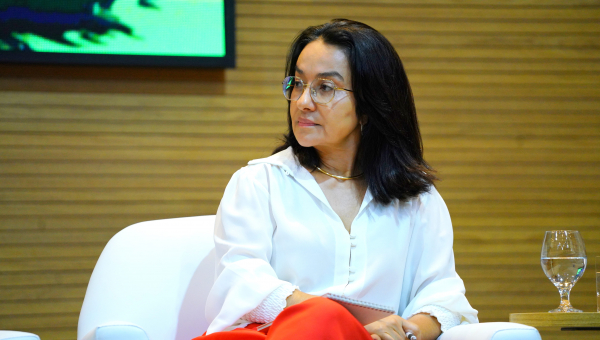
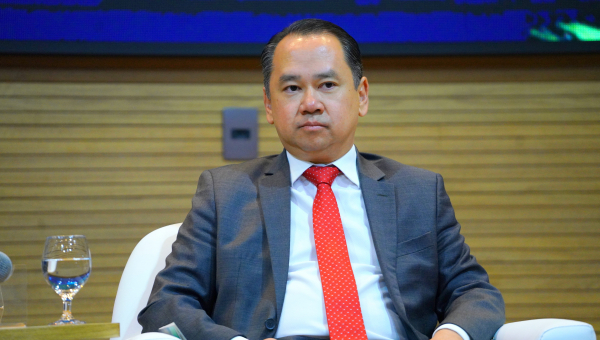
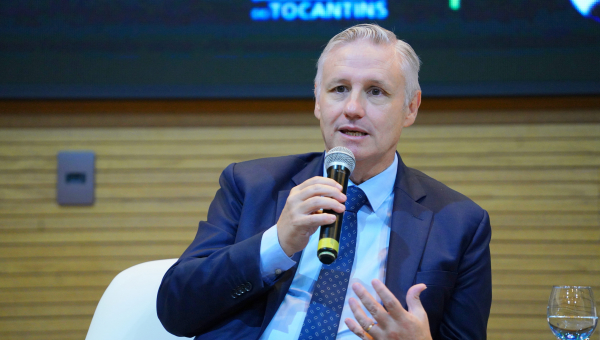
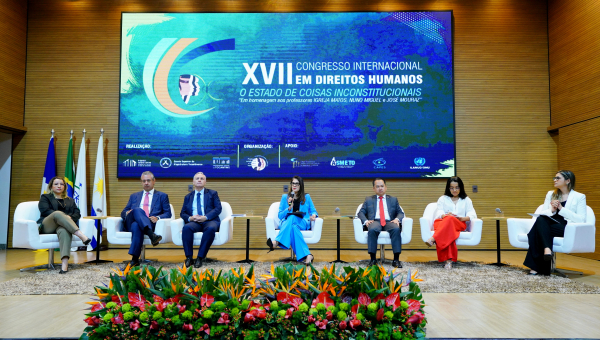
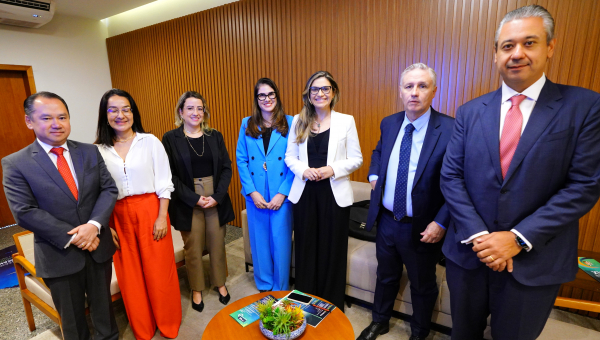
_thumbnail.jpg)
_thumbnail.jpg)
_thumbnail.jpg)
_thumbnail.jpg)
